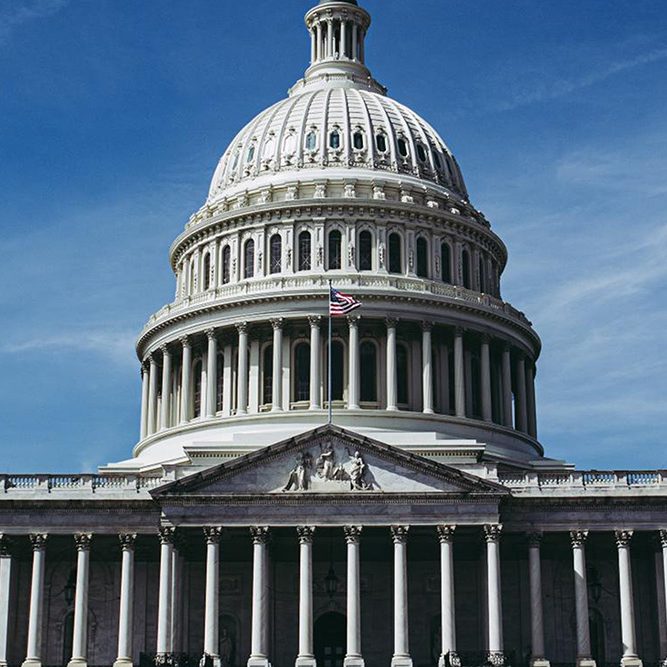About
The Cyber Policy Program at Duke University’s Sanford School of Public Policy was founded in 2019 under the leadership of Professor David Hoffman. As startups and large corporations alike push the boundaries of human achievement, there is a growing recognition of the importance of effective technology policy. The Cyber Policy Program applies the Sanford School’s expertise and tradition of public service to the many new ways that governments use technology and promotes the preservation of fundamental civil liberties, particularly for underserved communities and historically disenfranchised groups. The Cyber Policy Program also focuses on governments’ roles as regulator and overseer of cybersecurity in critical infrastructure and the private sector. These efforts try to understand and explain the different mechanisms that governments can use to promote robust cybersecurity while also enabling and encouraging the use of globally interoperable technologies and standards that preserve international data flows. Duke’s approach to technology policy places a priority on encouraging student involvement in research and broader outreach that will have practical outcomes.
Caption: The Sanford School Quad
Projects
Information about some of the Tech Policy Program's projects can be found below.

Data Brokerage
Ongoing
Data brokerage is a multi-billion-dollar ecosystem of companies collecting, aggregating, analyzing, buying, selling, and sharing data on individuals, ranging from demographic information to political affiliations to income data, health conditions, and GPS locations. Duke’s data brokerage project researches this ecosystem—its players, its practices, and its implications for civil rights, consumer privacy, personal safety, national security, and democracy itself.

Privacy & Democracy Project
Fall 2021
The Privacy and Democracy Project examines the degree to which personal data of individuals is collected, processed, used and transferred in ways that undermine democracy. Elements of the project focus on cybersecurity attacks that acquire personal data, the limited ability individuals have to control who has their data, how data brokers acquire data, and the use of data by nation states to profile individuals and to use those profiles to destabilize democratic participation and institutions.
MPP Technology Policy Concentration
The technology policy concentration prepares students to assume positions in public service, the private sector, and non-profits dealing with public policy issues associated with technology innovation. These positions include roles as legislative staff, executive agency analysts, national security and law enforcement jobs, company government affairs managers, lobbying consultants, and civil society advocates. Technology continues to impact society across all industry sectors and aspects of daily life. Sanford’s focus on technology policy prepares students to address issues of government support for innovation and actions to mitigate the negative impacts that technology can make on individuals’ lives.
Course Offerings
Fall 2023
- PUBPOL 514 / ISS 511 / I&E 511 – Designing Ethical Tech (Prof. Aria Chernik) - T 11:45am-2:15pm
- PUBPOL 590S.01 / SCISOC 590S.01 - Technology Policy in China (Prof. Laura Sallstrom) - W 3:20-5:50pm
- PUBPOL 590S.06 - Telecommunications Policy (Prof. Dean Brenner) - Th 4:40-7:10pm
- PUBPOL 590S.07/ BIOETHIC 590S - Privacy, Ethics, Data and Tech (Prof. Jolynn Dellinger) - M 1:25-3:55pm
- PUBPOL 790.05 - Technology Policy Development (Prof. Laura Sallstrom) - Th 3:20-5:50pm
- PUBPOL 890 / LAW 316 - Intro to Cyber Law and Policy (Prof. David Hoffman and Prof. Shane Stansbury) - W 6:15-8:05pm
Caption: Sanford Dean Judith Kelley interviews former Secretary of State Madeline Albright
Faculty
Learn more about the Tech Policy Faculty at the Sanford School of Public Policy